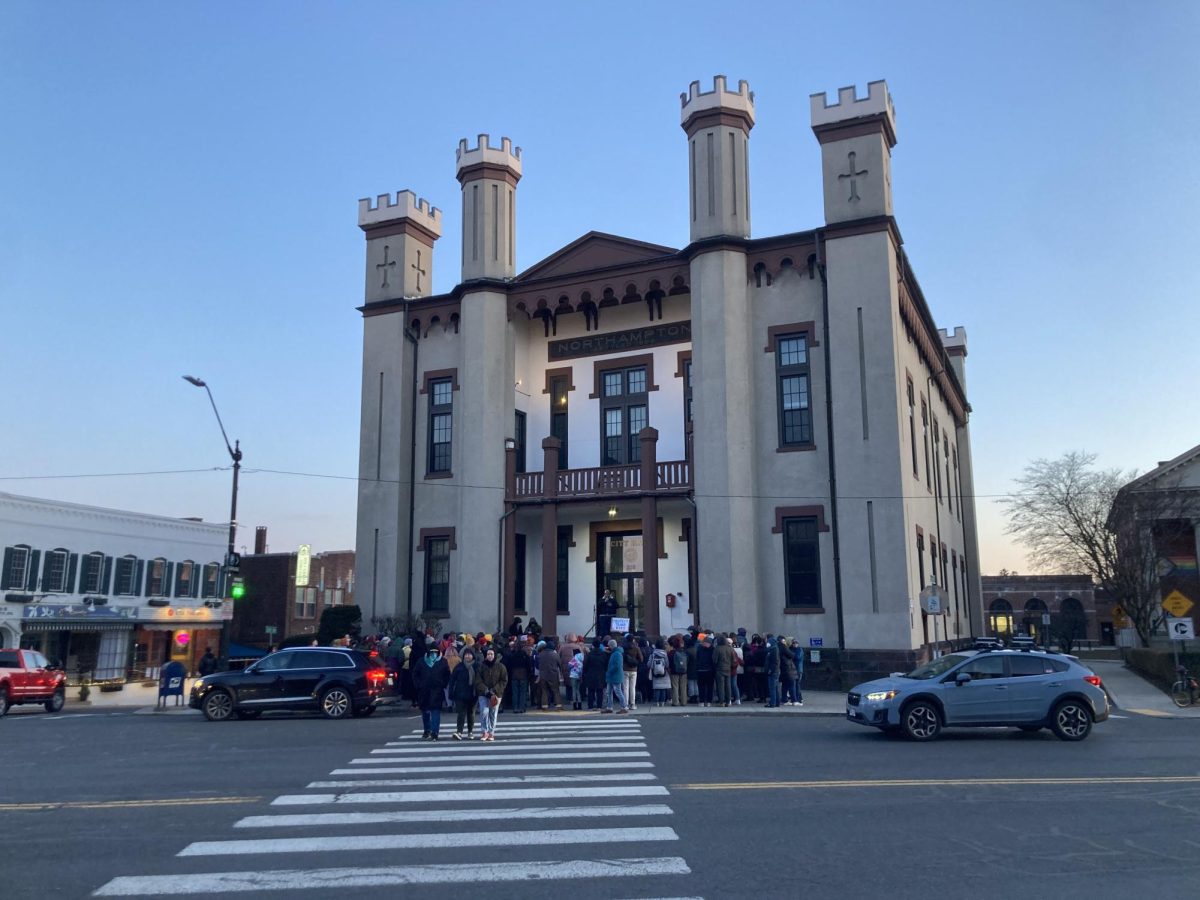
The Northampton City Council recently passed a resolution rejecting the National Defense Authorization Act (NDAA) of 2012 following a joint campaign effort by a number of local civil liberties groups. The vote was passed unanimously.
Campaigning for the resolution was a collaborative effort between the Western Mass. American Civil Liberties Union, the American Friends Service Committee and the Bill of Rights Defense Committee.
The NDAA, was signed into law this past December, and has been highly controversial since its inception primarily due to two of its provisions that appear to allow for the indefinite detention of American citizens based only on the suspicion that they may be involved in acts of terrorism.
The two offending clauses – sections 1021 and 1022 of subtitle D – state that any person suspected of participating in an attack on the United States or of “substantially supporting al Qaeda, the Taliban or associated forces” would be subject to detention without due process.
Those same sections also explicitly state that those measures do not apply to American citizens, though Republican Senator Lindsay Graham of South Carolina has been famously quoted saying otherwise.
William Newman, the director of the western Mass. ACLU, said that the question now is how the resolution will be implemented and whether or not this will become a grassroots movement that forces the leaders to listen to the people as other cities and towns enact similar measures.
“The local people are extremely worried about the diminution of civil liberties,” said Newman. “What this really is, it’s those people saying not in our name, not here.”
Northampton City Council President William Dwight said that the resolution only expresses the will of the council and is not legally binding, but that it will be advanced to the state’s representatives and congressional delegation to express that the city is opposed to NDAA.
According to Dwight, Northampton is one of the first cities in New England to put forth a resolution denouncing the bill, and was also the first city in the nation to stand against the Patriot Act, back in 2001.
Like Newman, Dwight also believes that as other cities begin to take similar action, together they will have some impact. Some of that grassroots energy appears to have already caught the attention of some in Washington, D.C.
The White House released a fact sheet on Tuesday designed to clarify the disputed sections and state how the Obama administration would enforce the law.
The fact sheet reiterates the language of the Section 1022, stating that the provision requires the United States armed forces hold in custody a very narrow category of non-citizen terrorist suspects, and that “covered persons” include non-U.S. citizens whose detention is authorized under the 2001 Authorization For Use of Military Force.
The sheet also provides an extensive list of circumstances where the president may waive the requirement to place an individual into military custody. It states that it is important to recognize that the scope of the new law is limited, and that the unique facts and circumstances of each case will be taken into consideration.
Among the new policy directive’s list of waivers to the military detention requirement are exemptions for lawful resident aliens who are arrested in the U.S. and cases wherein foreign governments indicate that they will not extradite suspects if they would be placed in military custody.
“It’s heartening,” said Dwight, referring to the release. “But it’s only saying that [President Barack] Obama won’t use the policy against American citizens. That doesn’t mean that any president and administration that succeeds him won’t implement it and suspend habeas corpus.”
Tom Relihan can be reached at [email protected].






